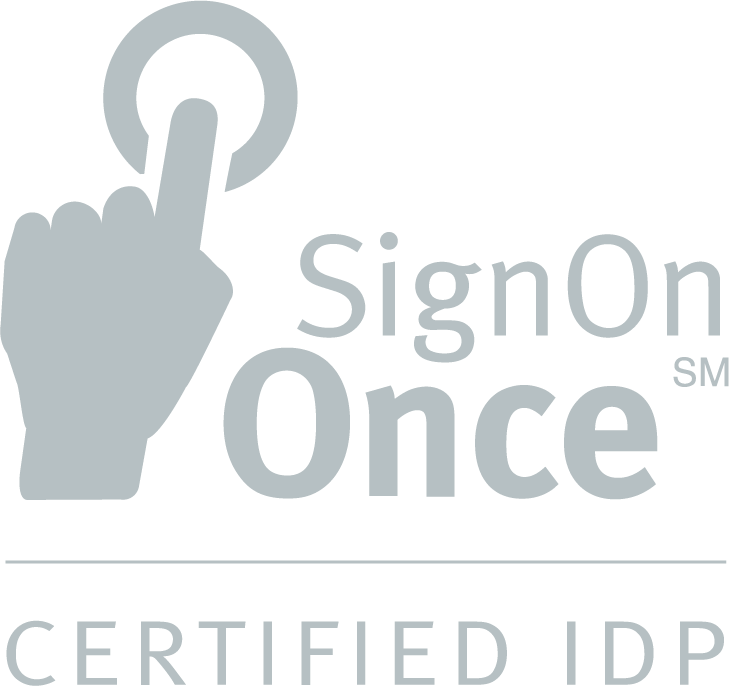Gen Z, born between 1996 and 2005, is on Millennials’ heels and will soon become the world’s largest cohort of consumers. We call them digital natives because they have grown up on the internet. They are culturally and ethnically diverse, socially responsible, and politically motivated to create change.
They are also shrewd and pragmatic consumers.
As kids they watched their parents struggle financially through the Great Recession. They also grew up researching products online, reading reviews, and discussing possible purchases with their friends. They are accustomed to following influencers and considering their commentary. Gen Z spends money wisely because they understand products before they buy them.
A personal touch goes a long way for Gen Z insurance clients
It is easy to misjudge this brand-new generation of consumers. The internet is their world, so we assume they want to conduct all business there. They are pinpointed by slick insurance ads, so many think Gen Z must be easily persuaded by aggressive marketing efforts, and because this young generation is largely inexperienced, they must not make sound and savvy consumer decisions.
These assumptions, though popular, are inaccurate. Young adults, even with their faces locked onto phone screens, benefit from an agent’s guidance and personal attention. When it’s time to buy their first policies, they need someone who will shake their hands, answer their questions, and show them the way.
In an IVANS survey, Gen Zers around the world answered questions about insurance knowledge, communication preferences, and providers. As expected, they want a sleek digital interface to access information. However, nearly 40% reported a desire for a personalized human interaction to guide them from research to policy.
These numbers may be surprising, but they make sense. Gen Z adults are new to the insurance market, so they need to be taught to assess risk, calculate coverage, pay premiums, and submit claims. Online insurance ads target them with shiny branding and prime-time spots, but the expensive marketing tactics do not provide the same personalized service of a dedicated professional ready to have a conversation. A talking gecko might be clever, but he is not there to pick up the phone when it is time to file a claim.
This generation has grown up with a sincere need to “get things right” and this applies to buying insurance. Most likely, they will begin online to do the initial legwork. But they are reluctant to pull the trigger on something as big and alien as first-time policies. To get this wrong would be expensive, so they want to bring their slew of questions to an agent’s desk.
A strong agent-client relationship makes all the difference
Gen Z adults turn quickly to recommendations from respected friends, family, community members, and online personalities for suggestions and guidance. In fact, they are more likely to rely on a recommendation from someone they trust than anything else. As a group, these consumers are well-connected, communicative, and eager to gather information. They ask a lot of questions.
Again, agencies have opportunity here as these new consumers turn to parents and older family members who have experience with an agency’s brand and services. In fact, most of them turn first to their parents’ agent when it comes time for them to purchase their own coverage. The children of clients often become clients themselves.
Additionally, agencies that have created outreach opportunities with local sports teams, charities, and schools benefit by becoming trusted advisors to soon-to-be insurance consumers. Gen Z adults grew up enjoying the local agency’s sponsorship and support. They played in the outfield decorated with sponsors’ banners. Now that they are ready for their own polices, they are far more likely to turn to the agencies that helped them grow up.
Social media benefits everyone—even the independent agency
Finally, this generation’s lives pivot on social media platforms, and agencies that leverage this virtual space benefit from the relationships that develop there. Young adults will want to speak to an agent in person, and they may likely find them in a social media space. Platforms allow smaller, local agencies to compete with the large, multinational corporate marketing campaigns; but the smaller agency gains footing with a local street address.
Gen Z is an enormous generation of insurance consumers that has recently come of age. They are educated, socially motivated, and financially savvy. They also represent the future of insurance consumption. Agencies who are equipped with modern technology, community outreach, and social media presence, and agents who are willing to apply the human touch, are poised to create steadfast and committed clients well into the future.


